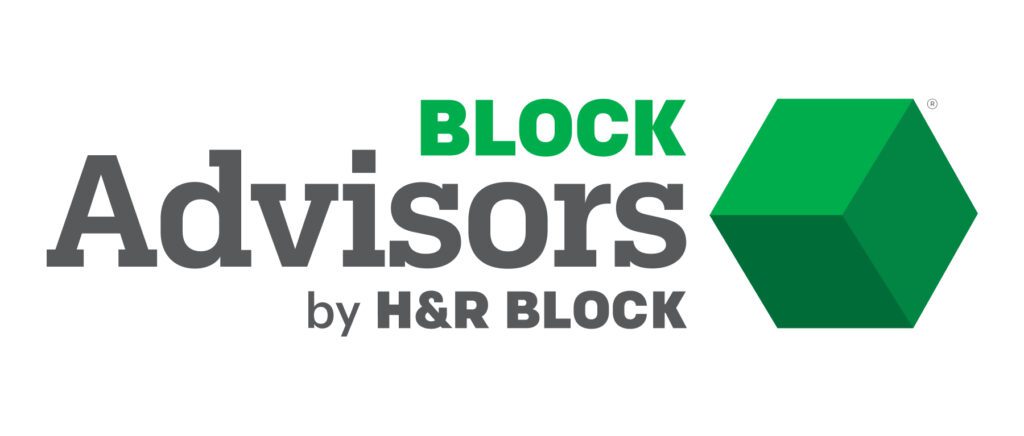Avoid these bookkeeping mistakes as a small business owner
6 min read
January 01, 2023 • Block Advisors
Estimated reading time: 6 minutes
Your financial records represent the very core of your business. If they’re not maintained thoroughly and daily, your small business can feel the effects. Need proof? Here are a few real-life bookkeeping mistakes:
+ Vendors or contractors not getting paid? Your credit and business standing could be in jeopardy…
+ Invoices not going out? Your cash flow could suffer…
+ Payroll taxes not getting paid with precision? You could face an IRS audit or penalties…
Unfortunately, there are many common bookkeeping mistakes that can happen in a small business. On the bright side, they can often be avoided or mitigated. Read on as we walk through some bookkeeping best practices and red flags.
Bookkeeping for up to 50% less
Starter and full-service options to grow with your small business
Table of Contents
- Common bookkeeping mistakes
- How to fix bad bookkeeping and form good habits
- Bookkeeping best practices
- Get bookkeeping help from Block Advisors

Common bookkeeping mistakes
Do any of these common mistakes sound familiar? Learn more about how to spot (and avoid) them:
- You don’t keep your expense receipts.
The IRS doesn’t require you to keep most receipts under $75, but should you? YES. Small business owners should maintain complete records as backup documentation for tax deductions.
- You fail to properly classify employees.
Sometimes it’s difficult to determine who is on staff and who is not. But, if you fail to properly classify those working for you as employees versus contractors, you could face significant consequences, including tax penalties and even legal action.
- You don’t do your bookkeeping in a timely manner.
If you don’t keep up with your payables and receivables in a timely fashion, it creates messy books. Plus, it causes undue stress when you are under a time crunch to get it done, which can cause additional bookkeeping mistakes.
- You forget to reconcile your books.
Reconciling (comparing) your books with bank statements is a fundamental step. It should be done consistently to confirm that what you’ve spent matches your records. When you reconcile your books, it’s easier to spot errors BEFORE they become major problems. Moreover, doing this bookkeeping task helps you determine the amount of money your business has on hand at any given time.
- You have improper cash management.
If your small business operates using petty cash, you should make sure there’s a dedicated person to manage and track it to avoid theft and abuse. From a bookkeeping compliance perspective, you should always make sure your receipts and remaining cash line up. Failure to do so could result in tax issues down the line.
- You record transactions improperly.
Improper recording of transactions can have a ripple effect, causing problems all the way down the line. An example is when you miscategorized something on your books, you may not be able to get them to balance. This also trickles down to income tax time because your records won’t accurately reflect items that may be deductible.
Luckily, help is just a step away. If you’re looking for small business or self-employed bookkeeping, we have bookkeeping services to meet your needs. Block Advisors associates can help you organize employee contact records, keep track of account activity, create multiple types of transactions, generate reports, and automate processes you may have been tracking on paper. Our pros can drastically reduce data entry, making your records more accurate and organized, so that you can find important financial details in seconds.
- You fail to create reimbursable expense guidelines.
If you have employees, a common bookkeeping mistake is not creating reimbursable expense rules for your team. This document should serve as a guide to gauge what your employees can and cannot write off as a business expense.
- You neglect to create critical financial reports.
No matter what bookkeeping method you use now, you probably have a way to keep track of your expenses and income. That is, what you owe and what you’re owed. Small business bookkeeping solutions – both in person and through technology – can generate a wide variety of accurate customizable reports in seconds. These reports help you develop a clear financial picture of your business.
Advanced reports like an income statement (also known as a profit and loss statement) help you analyze and track your small business’ finances. If you aren’t generating these statements, you likely won’t know your business’ margins. You may incur expenses you can’t afford. Or you could withdraw too much money from your business because you aren’t aware of your cash flow and balances. Last, you can’t reasonably determine which expenses should be cut or mitigated. These documents are critical for understanding and demonstrating your business’s health. (See: What is a P&L Statement?)
- You fail to understand cash vs. accrual methods.
Not understanding cash method vs. accrual method can affect your business bookkeeping. Accrual accounting’s goal is to match revenue and expenses. Cash basis accounting recognizes revenues as soon as cash is actually received minus when expenses are paid.
- You don’t account for sales tax.
If your small business sells goods or services subject to sales tax, you should properly record and separate sales tax at each point of sales. Not doing this results in inflated sales figures and incorrect sales tax return filings.
- You don’t have backup systems.
Make sure to back up whichever bookkeeping system you use. There is nothing more frustrating than losing your data and records to a computer system crash, virus, or other technological snafu.
How to fix bad bookkeeping and form good habits
If you’re just starting a small business, you can avoid business finance problems from the start with the proper strategies.
Even small businesses in existence for years can adopt new, compliant bookkeeping practices midstream.
If you’re wondering how to fix bad bookkeeping and adopt better habits, first spot the trouble areas using the red flags above. Then team up with Block Advisors’ specialized bookkeeping professionals to move forward in compliance with the right bookkeeping strategies.
If you’re looking for small business or self-employed bookkeeping, we have bookkeeping services to meet your business needs.
We’ll work with you to help you get set up and make bookkeeping a breeze.
Bookkeeping best practices
A few bookkeeping best practices are to:
- Forecast your business’ needs and evaluate its performance.
- Track financial information at any given time for external stakeholders like your customers, investors, lenders, and even the IRS.
- Make timely payments to your contractors, vendors, creditors, and others.
- Maintain reports to have a year-over-year view of how your business is performing.
- Ensure your business always stays tax compliant.
Get bookkeeping help from Block Advisors
Block Advisors can help you implement these bookkeeping best practices and avoid bookkeeping mistakes. Empowered by a Block Advisors bookkeeping expert, you can make better business decisions based on a credible interpretation of your finances. With tedious and complex bookkeeping tasks off your plate, you can get back to the parts of the business you are most passionate about.
See how Block Advisors can answer your small business bookkeeping questions.




